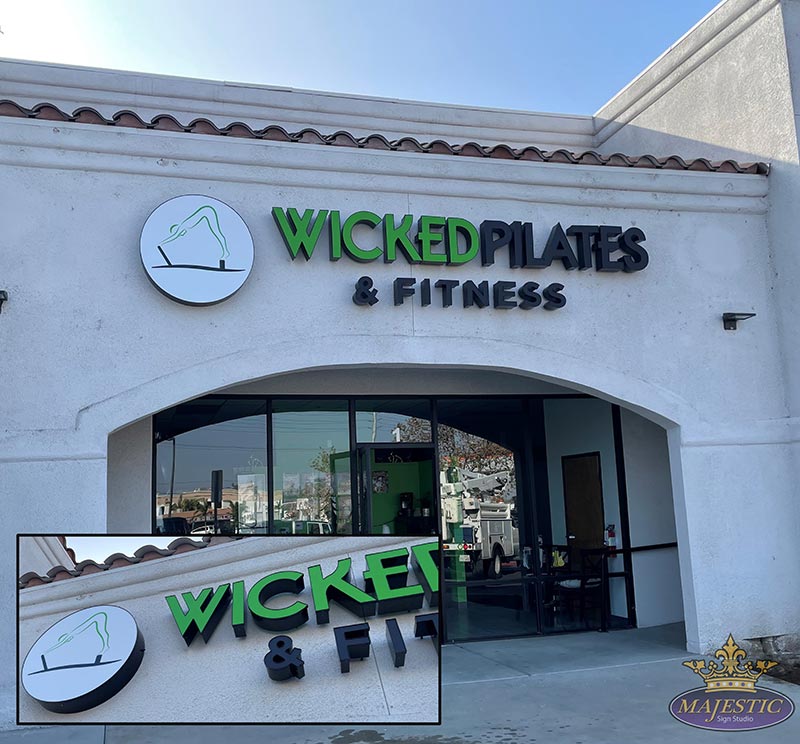
If you want your website to rank higher in search engine results, it’s not just about optimizing your on-page content. Off-page submission is a genuine SEO practice that plays a key role in boosting DA (domain authority) and building high-quality backlinks.
In this blog, we’ll dive deep into effective off-page submission strategies that every website owner should implement to drive traffic, increase visibility, and improve search rankings.
What is Off-Page Submission?
Off-page submission refers to the practice of promoting your website through external sources to create valuable backlinks. It involves activities like directory submissions, social bookmarking, forum posting, guest blogging, classified ads, and more. These efforts signal to search engines that your content is awesome and credible.
The key difference between on-page and off-page SEO lies in where optimization happens. While on-page SEO focuses on internal factors like content, meta tags, and structure, off-page submission takes place outside your website to build authority and connections.
Why Off-Page Submission Matters in SEO
Off-page submission boosts your website’s authority by increasing the number of quality inbound links. Search engines’ spiders see backlinks as a vote of confidence, & the more credible sites that link to your content, the better your chances of ranking. Additionally, off-page strategies help in:
- Driving referral traffic
- Increasing brand awareness
- Enhancing domain authority
- Creating networking opportunities in your niche
Effective Off-Page Submission Strategies
1. Directory Submissions
Submit your website to reputable online directories. Select directories with high DA and relevance to your particular niche. Ensure that your business details are consistent across listings.
2. Social Bookmarking
Share your web pages, blogs, and other content on social bookmarking platforms like Reddit, Digg, and Mix. This helps in indexing your content faster and driving targeted traffic.
3. Article Submission
Publish informative and original articles on content-sharing platforms. Use relevant keywords and provide a backlink to your website. Ensure your content adds real value to readers.
4. Forum Posting
Engage in discussions on popular forums related to your industry. Share helpful insights and include your website link in the signature or when relevant. This builds trust and visibility.
5. Guest Blogging
Write high-quality blog posts for other websites in your niche. Guest blogging is a proven way to gain high-authority backlinks, expand your reach, and establish credibility in your field.
6. Classified Submissions
Post classified ads for your services/products on high-authority classified websites. These ads not only drive potential leads but also offer backlink opportunities.
7. Image and Infographic Submission
Share original images, infographics, and visual content on platforms like Pinterest, Flickr, and Imgur. Use proper descriptions, titles, and links to your website.
8. Press Release (PR) Submission
Distribute PR about company updates, product launches, or events on PR websites. A well-written press release can earn you backlinks from media outlets and blogs.
9. Video Submission
Create and upload valuable videos on platforms like YouTube and Vimeo. Include your website link in the description to drive traffic and backlinks.
10. Business Listings
Register your business on Google My Business and other local listing sites. This enhances local SEO while also contributing to off-page authority.
Best Practices for Off-Page Submission
- Always use white-hat SEO techniques.
- Choose platforms with high domain authority.
- Avoid spammy, irrelevant, or low-quality websites.
- Write engaging, unique content for submissions.
- Track backlinks using SEO tools to evaluate performance.
Frequently Asked Questions (FAQs)
1. What is off-page submission in SEO?
Ans: Off-page submission involves promoting your website through external methods like backlinks, guest posts, and social sharing to improve search engine rankings.
2. Why is off-page SEO important?
Ans: It boosts your website’s authority and helps search engines recognize your content as credible, which results in higher rankings and better visibility.
3. How do I start off-page SEO for my site?
Ans: Begin by submitting to directories, writing guest blogs, engaging in forums, and sharing content on social platforms to gain quality backlinks.
4. What are the benefits of off-page submission?
Ans: Benefits include increased organic traffic, improved search rankings, better online reputation, and a stronger digital presence.
5. How many backlinks are good for SEO?
Ans: There’s no fixed number, but quality matters more than quantity. Focus on earning backlinks from high-authority and relevant websites.
6. Is guest posting still effective for off-page SEO?
Ans: Yes, guest posting remains a powerful off-page strategy when done with original, high-quality content on niche-relevant sites.
7. Can off-page SEO improve my domain authority?
Ans: Absolutely. The more reliable sites that link back to you, the higher your DA and the better your search engine performance.
Conclusion
A solid off-page submission strategy is essential for any website aiming to compete in today’s digital space. By consistently applying the right techniques, you can build a powerful backlink profile that strengthens your SEO, drives meaningful traffic, and enhances brand credibility. Remember, success in off-page SEO isn’t about shortcuts—it’s about building lasting relationships and delivering value across the web.





